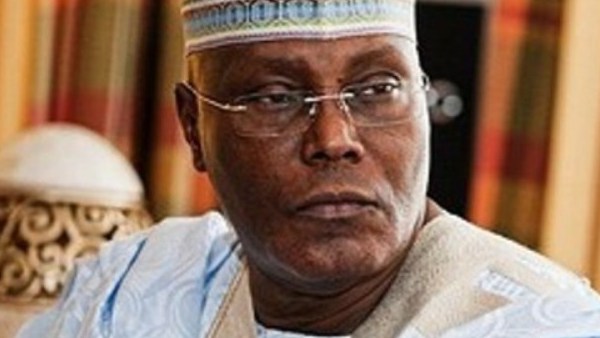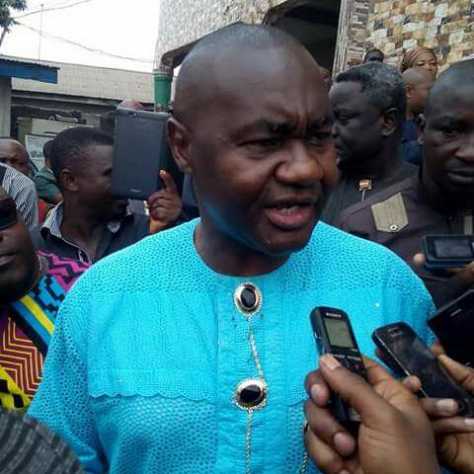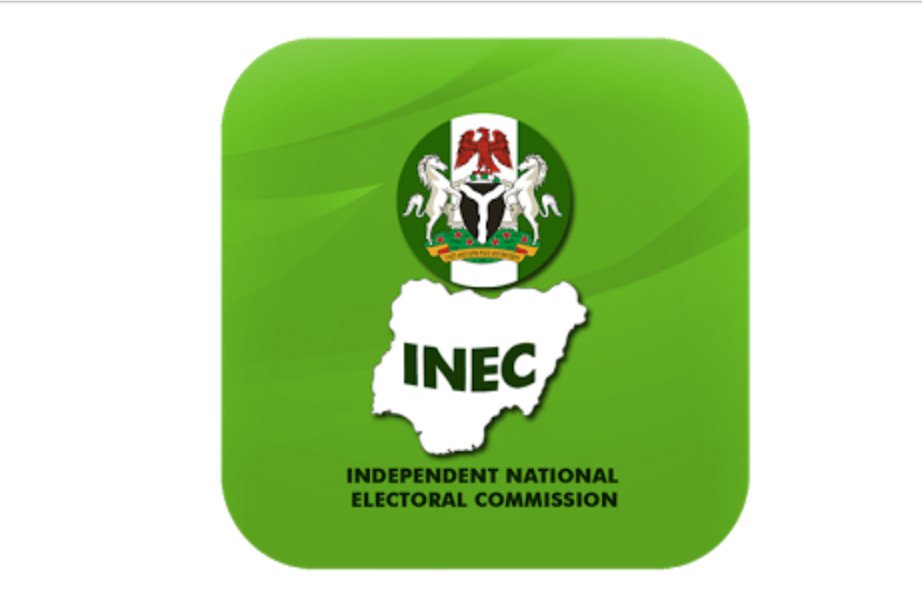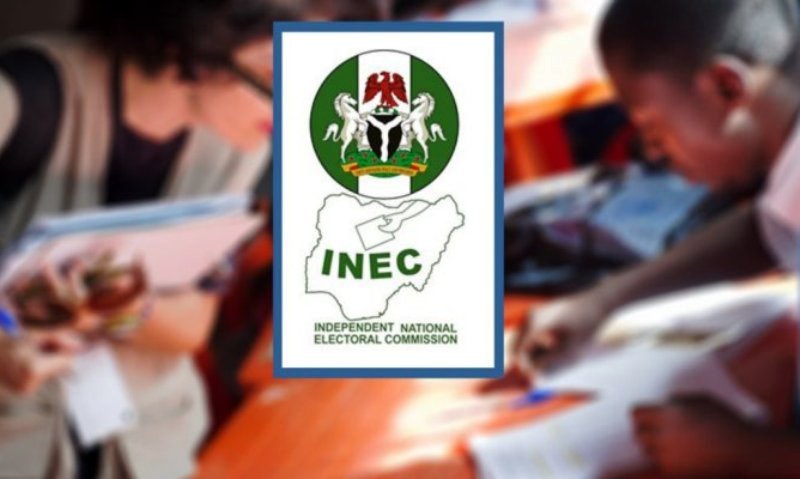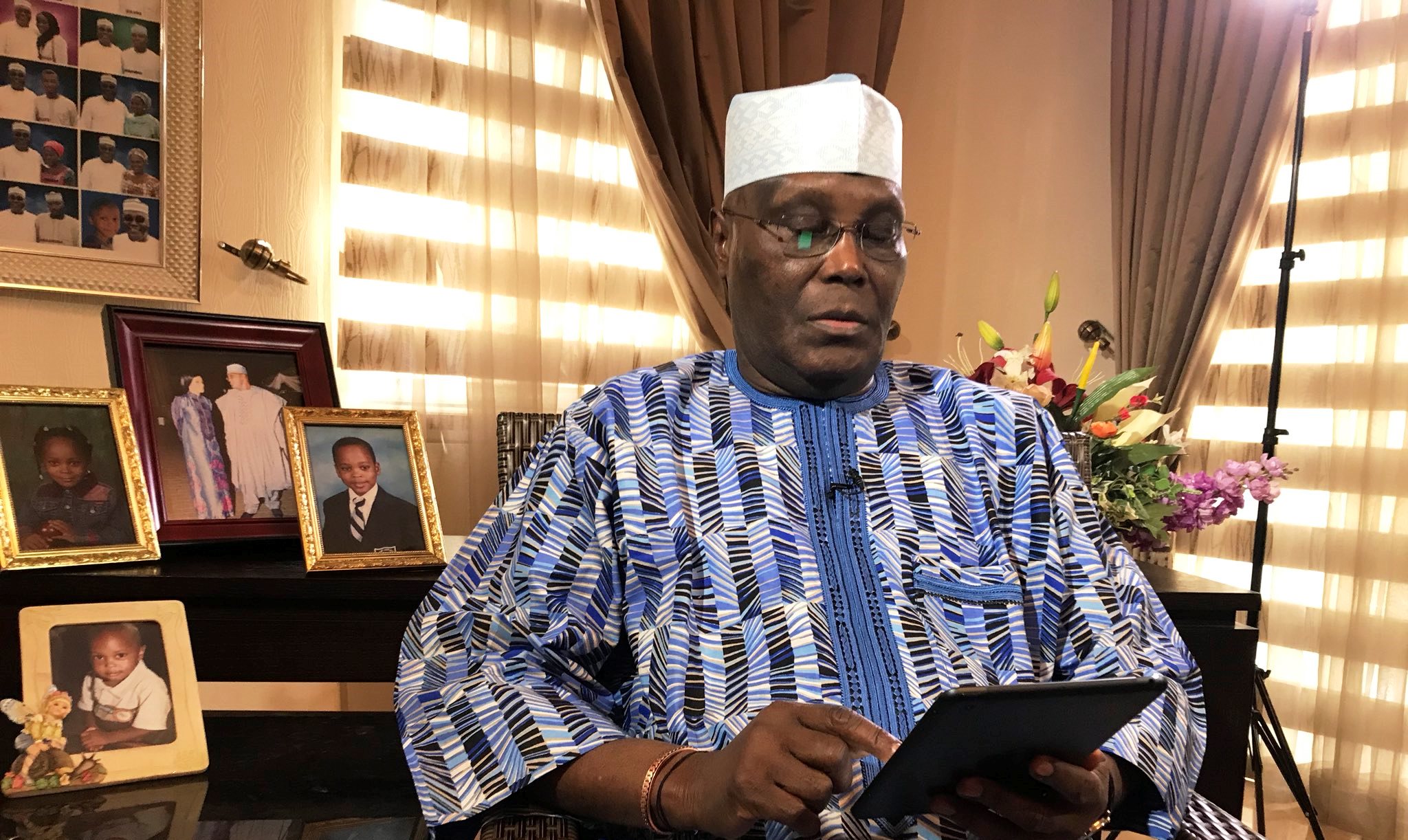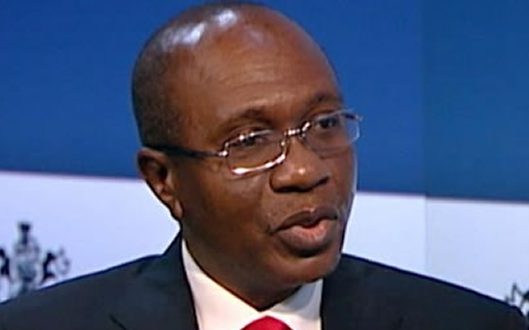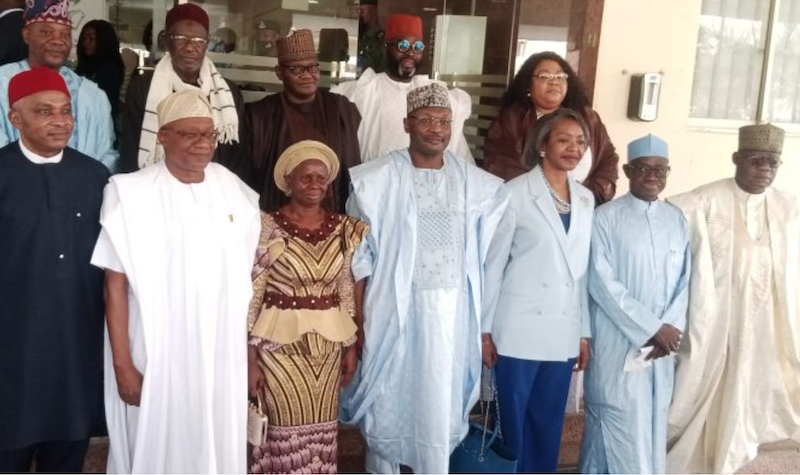By Chidi Amuta
Nigeria’s main opposition party, the Peoples Democratic Party(PDP), is currently hanging on an existential cross of its own. After nearly eight years in the power wilderness, the party faces the 2023 election season with an uncertain fate and a quirky future. Will it resurrect from its present state of deprived animation or descend into permanent disrepair and ultimate extinction?
Quite remarkably, the party has persisted commendably even in a power deprived state. In 2019, it put up an impressive showing of strength that rattled the incumbent APC. That impressive performance was a testimonial to the party’s institutional memeory and widespread membership spread across the country. While few people with knowledge of Nigeria’s political landscape expected the PDP to defeat the incumbent APC in 2019, the fairly impressive showing of the party was a strong confirmation of the logic that like all major world democracies, Nigeria is ultimately in a better place as a two party democracy. Binary choices tend to make democracies more participatory with simplified options.
Nonetheless, the PDP is currently not in the best of shapes as a party. It may not be as fractious as the ruling APC but the party is in desperate disrepair. It is hard to tell now what the original enablers and activators of the party think of its current state. Ibrahim Babangida, Olusegun Obasanjo and Aliyu Gusau must all be in utter consternation and even embarrassment at what they intended as a grand scheme for national political survival. After four decades of a military dictatorship in which they all had a hand, the PDP was their mechanism for continued relevance in the task of national redemption. Dr. Alex Ekwueme, the civilian pillar of that effort, if he was alive today, would have shared the current disquiet among the generals. The dream has almost turned into a nightmare of amputated wishes.
The original template was that of a unifying political umbrella for all shades of interests and opinions across the nation. It was designed to forge a sense of oneness in the nation after many decades under military rule. Its founding membership was first informed by a need to reverse the effects of decades of autocratic rule and regimental psychology in the nation. A broad spectrum of political luminaries from across all our divides gave the PDP its initial appeal and strength. It was a mechanism for a mature and liberal national consensus among political equals. They pooled their strengths to rebuild the foundations of a free democratic Nigeria.
The PDP was above all designed as an instrument of national stability through the restoration of the supremacy of civil authority and bring back international respectability after a pariah status under Mr. Abacha’s bloody tyranny.
At this critical run up season to 2023, the survival of the PDP and its prospects of a rebound lie in reconnecting its grassroots support base with a credible party leadership. Of the two major political parties, the PDP still has the longer institutional memory on how to be a party as party, a party in government and a party in power. Founded at the historic moment of an end to military rule, it was a mechanism for the recovery of the instinct for freedom and democracy among a populace that had become inured to the prolonged loss of instinctual freedom. The party’s hour of birth was a traumatic moment in national history, one that called for great national healing after a string of tragedies.
The June 12 annulment had taken place and hurt the nation deeply. Abiola had died in government custody, an unnecessary death that set the nation against itself. Sani Abacha’s bloody autocracy had crashed with his befitting lowly expiration. Military rule had exhausted both its legitimacy and validity. But the democratic inevitability was itself riddled with minefields of uncertainty. The civil populace was too traumatized to believe in any new set of leaders irrespective of their costume after decades of debilitating autocracy. The populace was even more frightened by the string of national tragedies and misfortunes. This is the effective backdrop to the birth of the PDP.
As an emerging political idea it needed to become a brand quickly. And every political brand prepping to contest for power needs a mascot. The founders saw Mr. Obasanjo, newly released from Abacha’s Gulag, as that mascot. He was a retired soldier who had tasted civilian life. He had acquired reasonable international stature and respectability. He had been jailed and framed by the Abacha dictatorship and so understood the value of freedom and the cost of living under a dictatorship.
As the head of state who presided over an earlier transition in 1989, Obasanjo had bowed to the democratic verdict of the electorate which gave the presidency to Alhaji Shehu Shagari instead of his kinsman, Chief Obafemi Awolowo. He had received the surrender documents of the defunct Biafra at the end of the civil war in 1970 without cleansing the Igbos. So, he had earned the respect and confidence of all major sections of the country and could therefore be entrusted with the task of leading the new charge of national healing and return to reasonable civility.
In 1999, Obasanjo was for the PDP what Buhari became for the APC by 2014, a galvanizing force and a brand ambassador. In the 1999 elections, Obasanjo was the logical choice against the other major contenders. General Muhammadu Buhari, Chief Odumegwu Ojukwu and Mr. Olu Falae had more ethnic and provincial appeals than the more nationalist and broad based Obasanjo.
Ideologically, the PDP was and founded as a right wing all inclusive nationalist platform. Although an all comers amorphous platform, it was business friendly and liberal in its inclusiveness of all shades of opinion in the nation. Its founders and leading lights were unabashed military industrial capitalists supported by major captains of business and industry. At best, their models for Nigeria’s development under the party were South Korea, Indonesia, Malaysia and possibly Singapore. Obasanjo was enamored of these models.
As a party in power, the PDP was personified by Mr. Obasanjo’s ebullient approach to democracy. He respected party supremacy for as long as the party leadership was willing to do his bidding. Otherwise, he changed the leadership of the party at will, leaving no one in doubt about his Medieval conception of the party and the state. The president was the party and the state all rolled into one. He plotted to take out party chairmen and Senate presidents with a regularity that assured his hold on apex power while leaving the party and the National Assembly in a state of constant instability and flux. In this crude concept of power and supremacy, Obasanjo was the only constant.
As the party in government, the PDP under Obasanjo ensured a reasonable level of security of lives and property. Armed challenges to the authority of the state were beginning to be evident but where they occurred, they were ferociously beaten back. In Odi, Shagamu and Zaki Biam, the authority of the state was decisive and ferocious in a manner that may have put the human rights reputation of the new government in question. But insurgents knew exactly who was in charge and where the red line was drawn. Where state governments allowed national security to suffer in favour of local political convenience, President Obasanjo was equally decisive in pressing the powers of the constitution into effect. He declared states of emergency in Plateau and Ekiti states respectively.
In spite if his personal bullish octogenarian exuberance and frequent authoritarian flights, President Obasanjo was an effective leader and led the PDP to rise to a remarkably high level of control of the polity and the economy. He had a clear focus on national policies. He secured a near debt free status for the country by seriously engaging the international merchants of debt.
He was anxious to integrate Nigeria into the international financial system by consolidating its banks, digitalizing our payment system and extending banking services and the benefits of the stock market to the previously excluded. Obasanjo tasked Nigeria’s corporate captains to rise to the challenge of international competitiveness by aiming to take over the commanding heights of the economy.
He set his eyes on South Korea as a development model. He wanted to empower a few big corporations, like South Korea’s cherbols , by granting them monopolies on hospitality, telecommunications, cement manufacturing and banking. The Transcorp Group came into existence. To a great extent, Mr. Obasanjo facilitated the rise of Nigeria’s present generation of corporate oligarchs. Under him, there were clearly identifiable growth sectors: telecommunications, oil and gas, banking and finance sectors witnessed phenomenal growth.
The PDP’s handling of the politics of transition of power to the next elected successor was made problematic by Mr. Obasanjo’s personalization of the party, and the presidency. He tried to succeed himself through the infamous Third Term plot which was mercilessly beaten back by vigilant Nigerian political hawks. His choice of late Umaru MusaYar’dua and his pairing with Goodluck Jonathan from the Niger Delta was a mix of personal and strategic considerations. The best way for a strong leader to retain a towering stature and grand legacy is to be succeeded by weaker leaders. The fortunes of the PDP were to be decisively altered by Mr. Yar’adua’s infirmity and early death. Jonathan’s effete presidency further weakened the party and culminated in the breakaway of a faction to form the New PDP. On the way out of the Villa, Obasanjo re-wrote the party constitution, giving himself a lifelong role as perennial Board of Trustees chairman and ‘father of the party’. All that unraveled as soon as he left Aso Villa.
As an opposition party in the last nearly eight years, the PDP has been woeful. It has mistaken opposition for political waywardness. It has mistaken abuse for criticism, name calling for dissent, and policy emptiness and guesswork for informed alternatives. As a political party, its rhetoric has been a steady descent into a free hurling of motor park insults at the ruling party instead of serious engagements on core national issues.
Ordinarily, the informed public expects more from a serious opposition party. As a habitual opposition leader, Chief Obafemi Awolowo led parties that were known for proffering credible and informed alternative policy positions than the governments in power. His opposition parties had more credible statistics on aspect of national life than the governments in power. For every shortfall that an Awolowo opposition party criticized, they had a ready alternative position.
But in almost eight years as an opposition party, the PDP has not come up with any informed alternative positions on anything be it the national budgets, defense and security spending, the costing of railway and road contracts or even the national debt. Worse still, the PDP group in the National Assembly has not been known to vote in a manner that has compelled the ruling APC legislators or the executive branch to seriously seek a bipartisan consensus on any legislation. Instead, key PDP members and legislators have routinely decamped from their party to the ruling APC.
Today, the national consensus that birthed the PDP as a national platform has dissipated. The broad concept of horizontal leadership that gave it initial stability has been replaced by something dangerous. The PDP has been effectively hijacked by a handful of autocratic adolescent governors. The driving fuel of the party has shifted from a consensus of a respected broad based leadership to a ‘cash and carry’ syndrome.
Largely, the party leadership selection process has become an open Arab street bazaar in which the preferred candidate of the highest bidder governor assumes leadership only to be tossed aside if and when his leadership threatens the interests of the paymaster. The biggest spender takes it all. The entire purpose and mission of the party has been reduced to a relentless haggling over which ethnic faction or position on the political compass will be allocated the presidential ticket for 2023. In this atmosphere, it has become necessary, to pose an existential question on the plight of the PDP. Simply put, can the PDP in its present degraded shape survive the shock of a possible defeat in 2023?
The current rating of the party even in the estimation of its founders was captured recently in Abeokuta. The new leadership of the party led by my good friend Dr. Iyiorcha Ayu. The new executive had gone to impress upon former president Obasanjo the need for him to identify with the party after years of public disassociation. It was an unrelenting Obasanjo who looked the delegates in the face and reiterated his final exit from partisan politics. This has left the party at the mercy of its new masters and the uncertainties of a vastly altered national political terrain.
Today, the PDP is at an existential crossroads with its fate hanging from a noose. It is now virtually a political joint stock company with majority shares held by one or two moneyed governors. Its power lever is being controlled by a triumvirate of gubernatorial oligarchs led by Mr. Wike of Rivers State, Aminu Tambuwal of Sokoto State and perhaps Mr. Makinde of Oyo State. The perpetual presidential aspiration of Mr. Atiku Abubakar and some upstart governors of northern states is tempting the party into stormy waters by jettisoning the zoning principle in its founding DNA. At a time when the incumbent APC has ceded its 2023presidency to the south, the PDP is tinkering with a dying hegemonic obsession. It is bound to backfire. How well the party navigates this delicate balance will determine its plight in 2023.
The PDP has a huge political asset in the abysmal performance of the APC incumbent. For a serious opposition party, defeating such an incompetent incumbent should be a cake walk. But money remains the fuel of politics. Locked out of power and patronage for the last 7 years plus, the PDP needs to find the money to unseat the APC in the 2023 elections. Beyond cash, the PDP needs to fix the present disconnect between its large followership and the burden of gubernatorial absolutism threatening its leadership.
